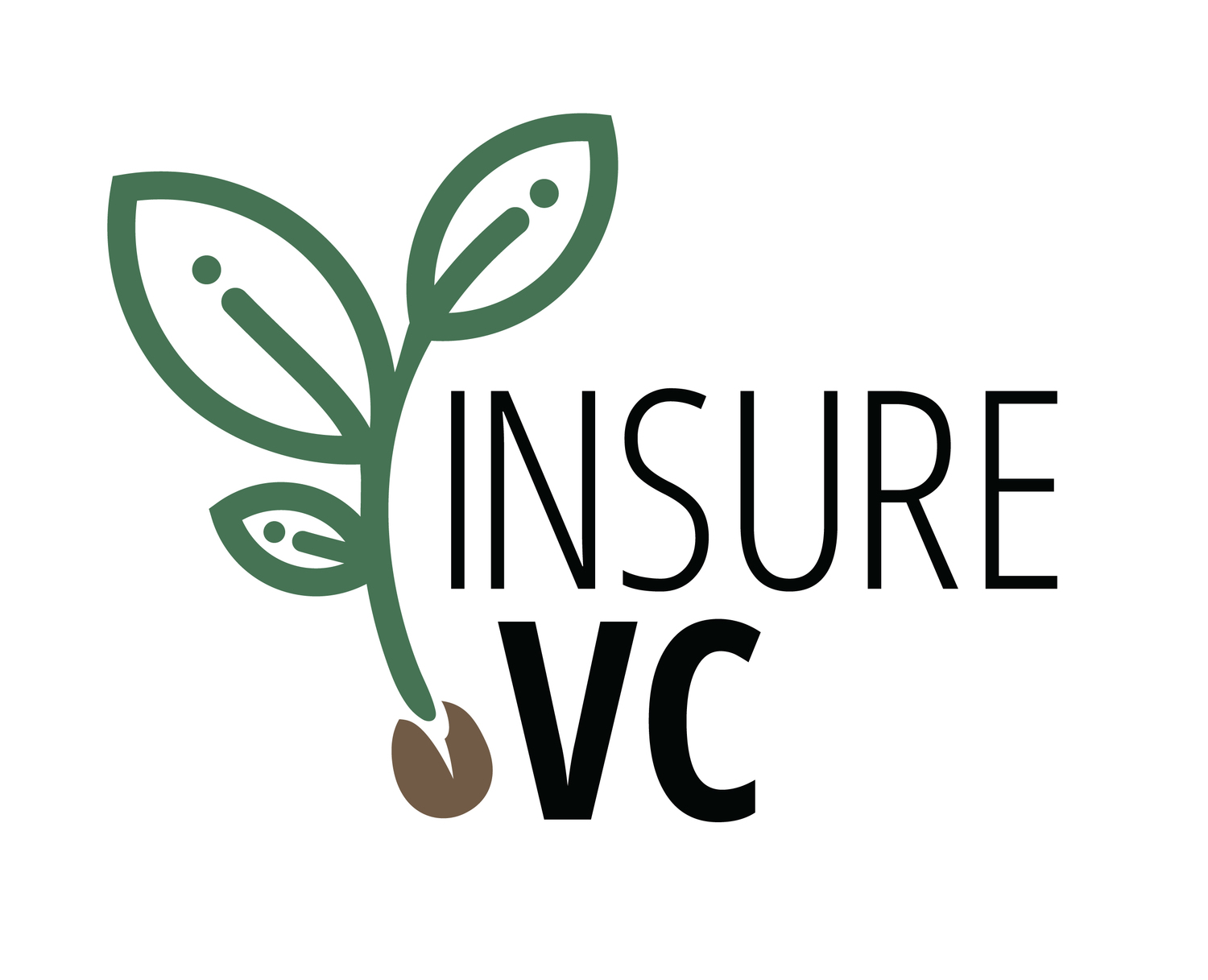It's not an accident the entrepreneur page is listed first on our site. We're 'founder-first', the mission of Insure.VC is to help entrepreneurs succeed, ultimately drawing attention and resources to improve the insurance industry. If you're a talented entrepreneur and passionate about having an impact and solving problems, the insurance industry needs you!
Have something you want to show us? Send a link, pitch, intro, or prototype to pitch@insurevc.com - we do our best to respond to all emails.
WHAT ARE WE LOOKING FOR IN FOUNDERS AND TEAMS?
WHO
Primarily seed or early stage
Teams with strong engineering, devops, and/or product experience
Although insurance domain expertise would be helpful, it’s easier to hire for and/or outsource some of those competencies. The industry can benefit greatly from new ideas and new talent, entrepreneurs who love to solve big problems.
We have a strong preference for teams focused on customer experience, product, and delivery - possibly outsourcing or partnering for much of the compliance, capital, and regulatory requirements. There is significant opportunity to leverage off the existing infrastructure in the industry (wholesalers, carriers, MGA’s, etc.), wrapping around a solid technology platform. Entrepreneurs can often times use this to get to market and scale more quickly. We can help you with ideas on how it may work for your model.
WHAT
Companies that are focused on disruptive models in the insurance industry - Property/Casualty, Life/Health, or Employee Benefits
Teams that have a proven track record of successful execution, ideally with startup experience
Although presentations will be considered, we have a strong preference for prototypes or wireframes at a minimum. Some level of traction or customer validation should be shown.
If you don’t have this, please still talk to us -- we’re always open to ideas and will gladly provide advice on next steps if we’re not yet able to consider you for investment. If you want to make a difference in the industry, we're aligned on that goal and happy to help with next steps!
HOW
This is of course up to you, but we’ll share a few ideas of areas that we expect to drive change in the insurance industry over the next 5 years:
IoT/Wearables - We're expected the Internet of Things and Wearables to have dramatic implications for the insurance industry. Water sensors that detect leaks, wearables that track health and activity, etc. The application of these types of devices is expected to have a profound impact on the industry.
Big Data - Although Insurers collect a lot of data, they historically haven’t been effective in using and leveraging that. There are a number of models to pursue to help the industry and/or consumers with the use of data.
Distribution - Unlike almost every other industry, the buying process in insurance hasn’t changed for decades. The US insurance industry is in its infancy of change in terms of how consumers and businesses purchase insurance. There are numerous brokers, agents, and intermediaries -- all resulting in higher costs to consumers and businesses. A few examples of companies that have focused on distribution with success are Zenefits, Coverhound, or Bought by Many.
Telematics - We’re starting to see usage based policies for auto insurance (MetroMile is a good example), and there is further application to other types of insurance.
B2B SaaS/software - Although there are some software providers that focus on providing solutions to carriers, brokers, and other participants, more help is needed.
Drones - Underwriting surveys and claims/damage assessments all require visual inspection, but the processes are very manual today.
Mobile - Although mobile platforms are table stakes for almost any industry, there is still a wealth of potential in mobile delivery for the sale of insurance policies or providing claim services.
UAVs, self-driving cars, marijuana, and robots! - The insurance industry has in some cases not kept up the rapidly changing world and advancements in commerce. It can be better.


